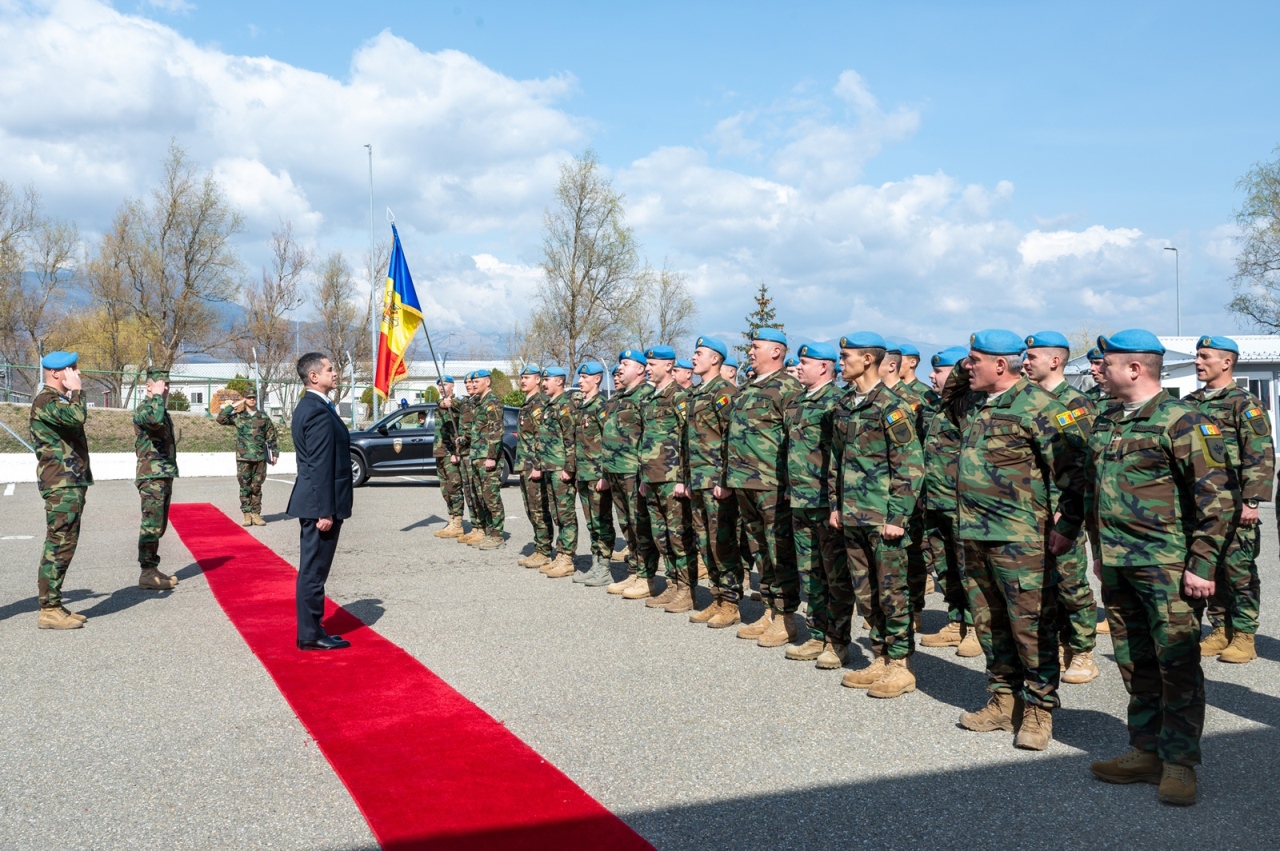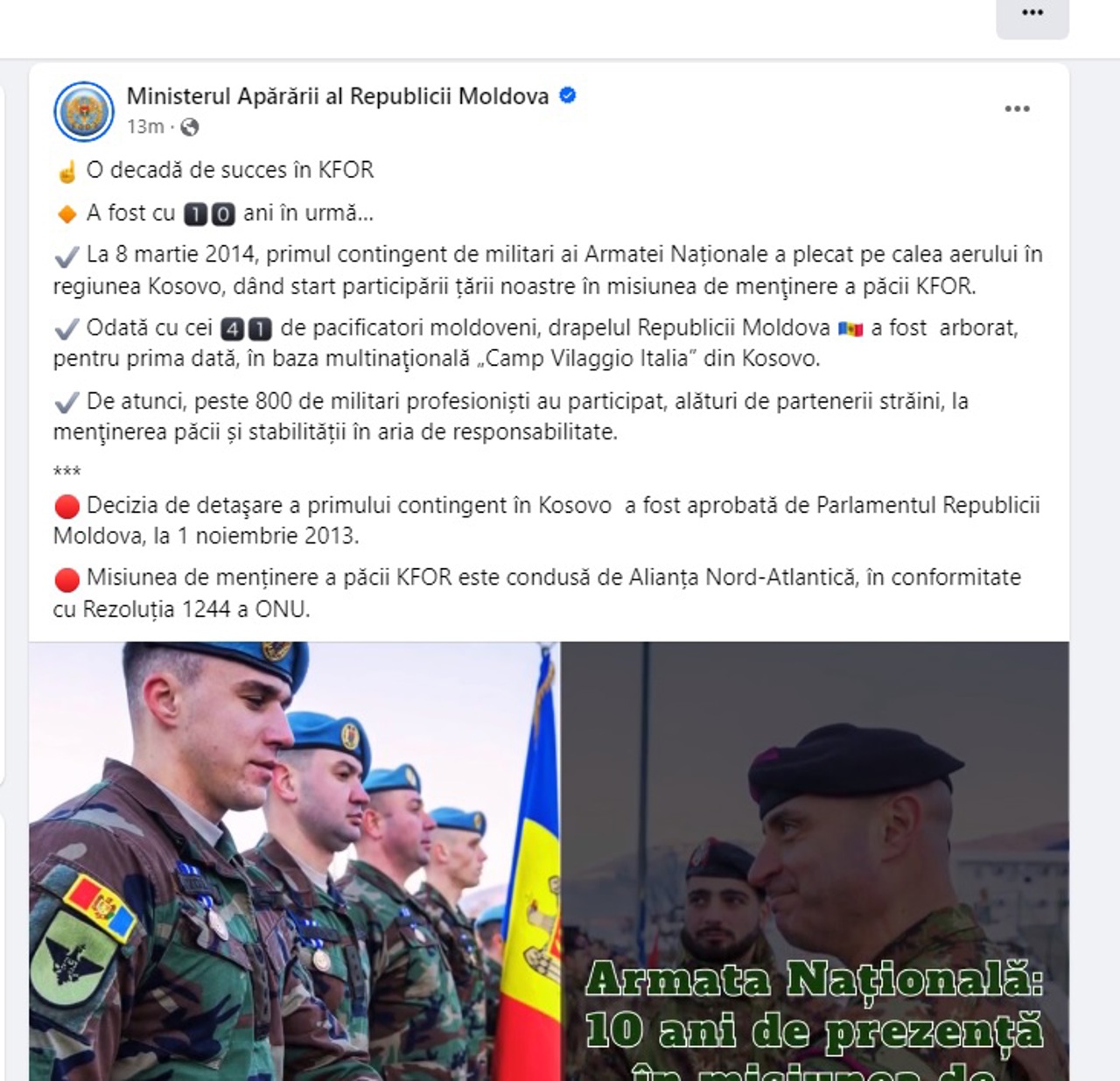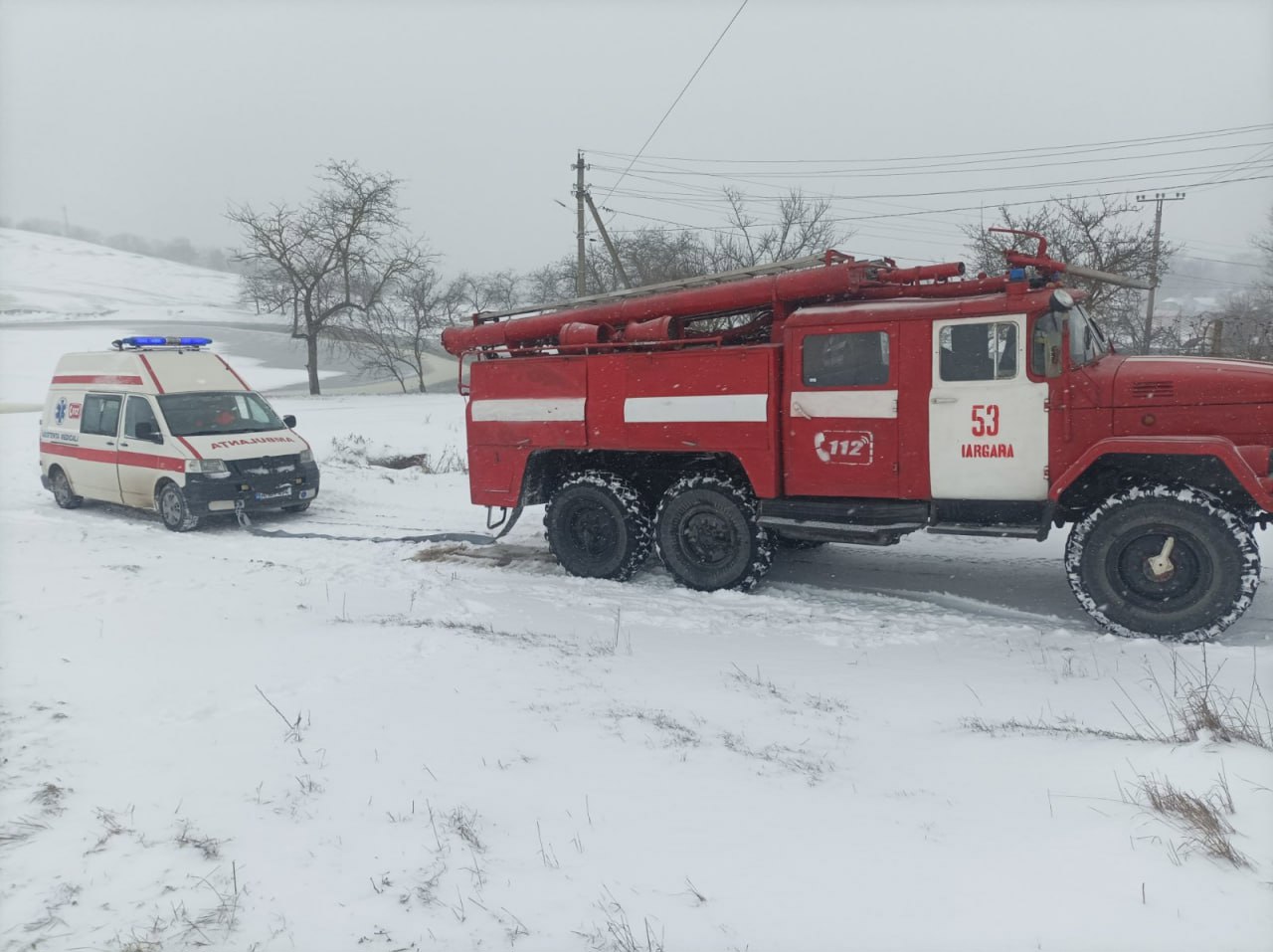Moldova: 10 Years Contributing to Kosovo Peace
The Republic of Moldova has been a key contributor to the fragile peace in the Balkans for 10 years.

In 2014, the first contingent of Moldovan soldiers deployed to Kosovo, marking the beginning of one of Moldova's longest-running military deployments.
Since then, Moldova has transformed from a consumer of security to a provider of stability, working alongside dozens of other countries in the KFOR peacekeeping mission.
On March 8, 2014, the National Army began its first KFOR peacekeeping mission. Nearly a year earlier, the Moldovan government approved the deployment of 41 soldiers to Kosovo, a region with a long history of inter-ethnic and religious conflict.
Since then, over 800 Moldovan soldiers have served in 20 contingents, flying the flag at the multinational base "Camp Villaggio Italia" in Pech. Their six-month rotations focus on maintaining peace and stability, as well as clearing the territory of war remnants.
"Over the past decade, the soldiers of the National Army have proven their interoperability with NATO and partner countries," said Petru Tutunaru, KFOR-20 commander. "This experience has transformed Moldova from a consumer of security to a provider."
Moldovan officers and non-commissioned officers work alongside representatives from 27 other countries, acting as a guarantor of peace in the region. In early 2024, Moldova made history by deploying its first female soldiers to the mission, including female engineers.
"The training we received was good, but we need to work more with other nationalities to improve our interoperability," said a female soldier. "Being a woman in military uniform, especially in a peacekeeping mission, is a very rewarding experience. For the first part of our deployment, we focus on field research, authorization procedures, and patrolling."
"The KFOR mission is an invaluable opportunity for any soldier in the National Army," mentioned Vladislav Corpacean, a KFOR-20 soldier. "It provides valuable experience in terms of both physical and intellectual capabilities. Working with contingents from other countries strengthens Moldova's position as a contributor on the international stage."
Historical Background:
In 1999, NATO intervened in Kosovo to halt the repression of the Albanian population seeking independence from Serbia, then a province within Yugoslavia. A 78-day air campaign resulted in casualties and forced the Yugoslav army to withdraw. A few months later, a peacekeeping force entered Kosovo to address the humanitarian and economic crisis. The initial force numbered around 50,000 soldiers. Following Kosovo's declaration of independence in 2008, the troop presence has been reduced to roughly 4,000.
Translation by Iurie Tataru






